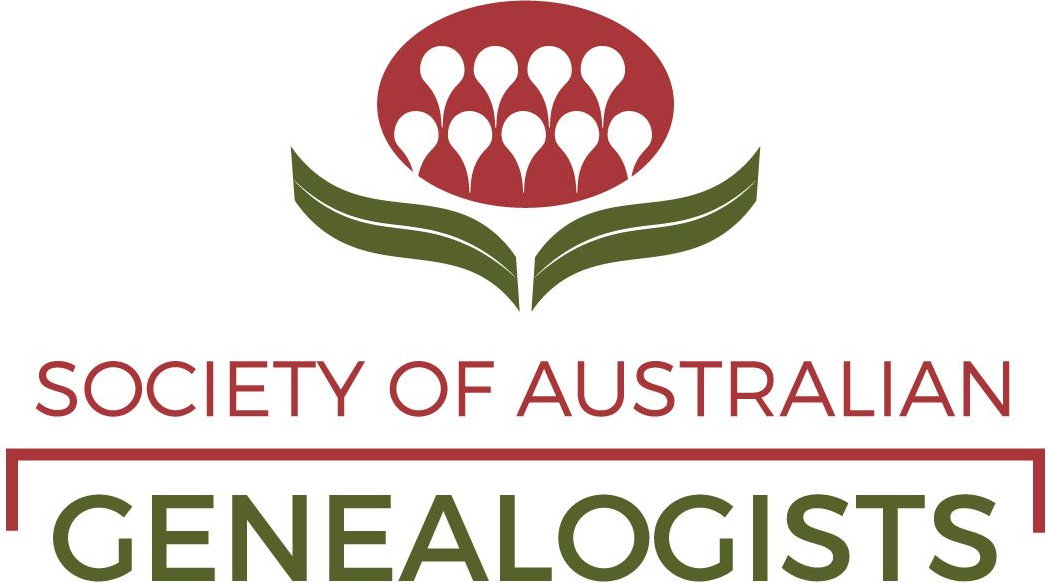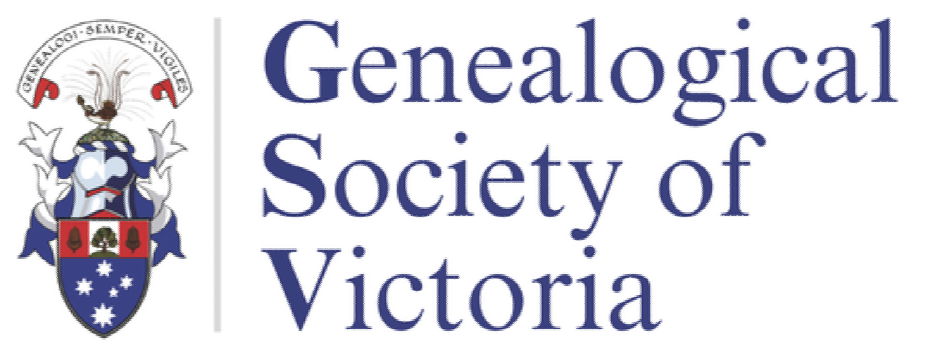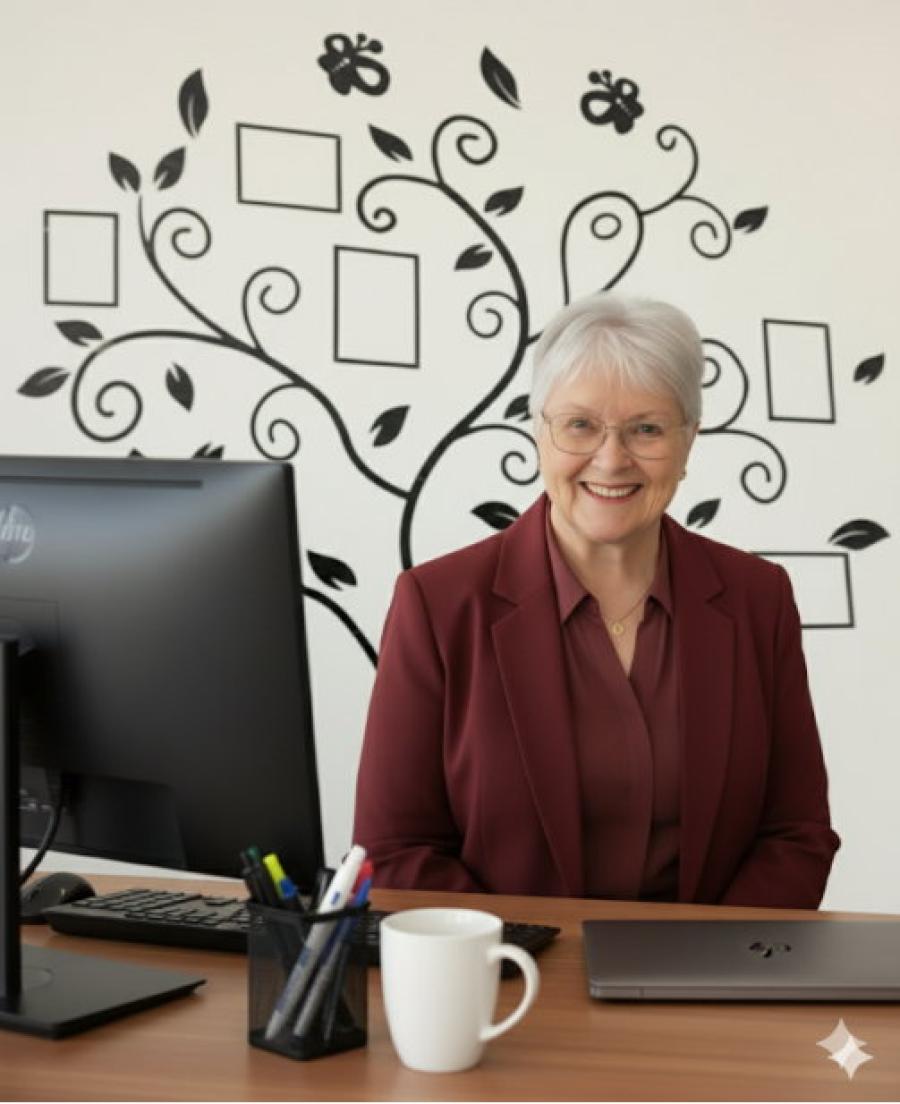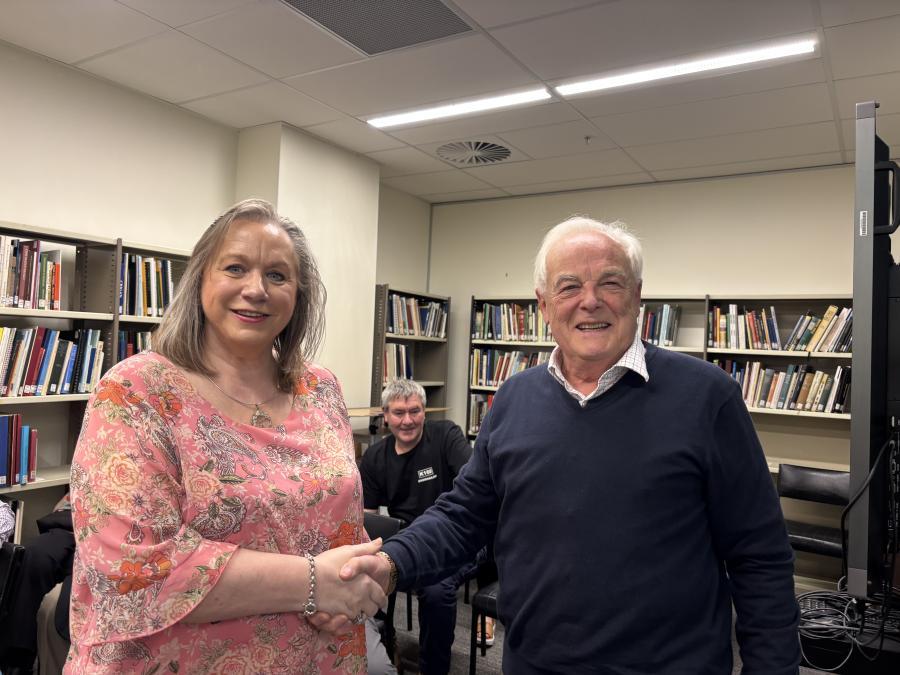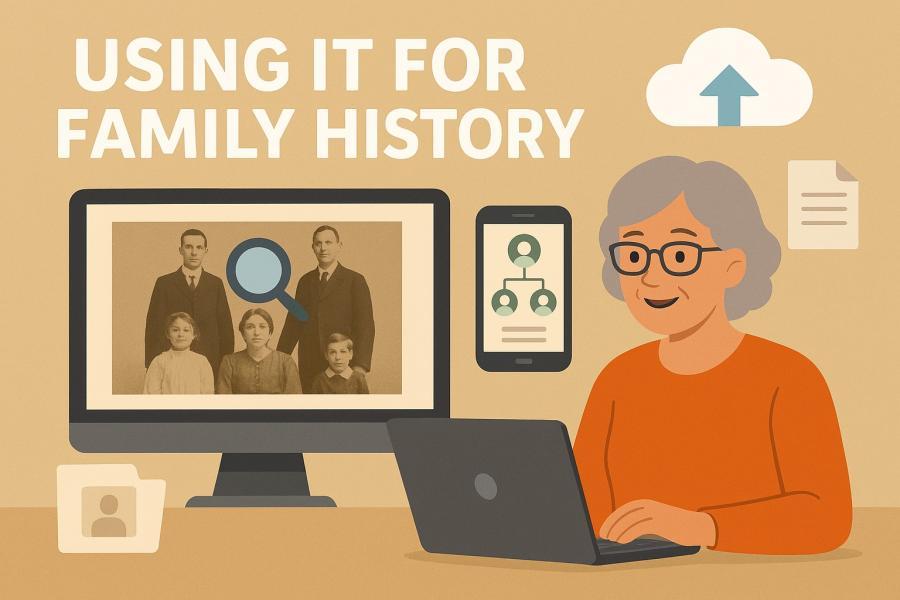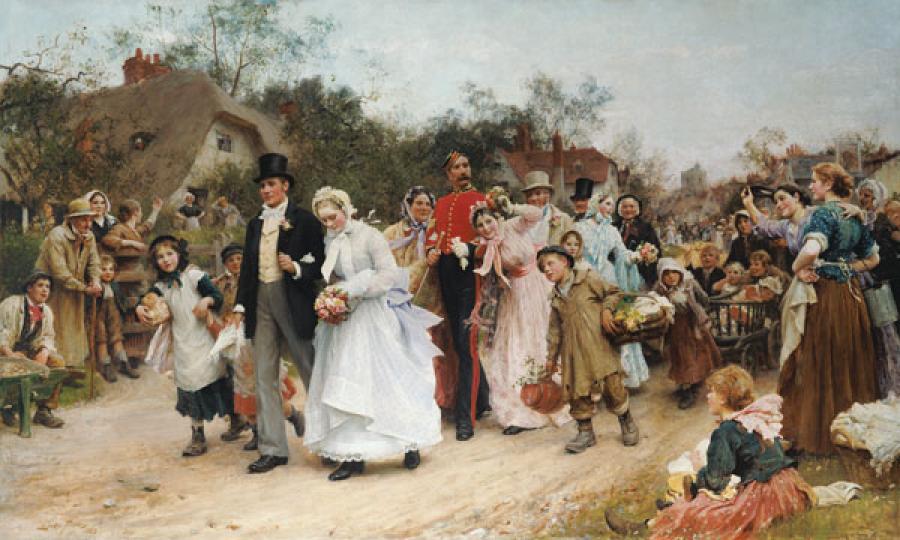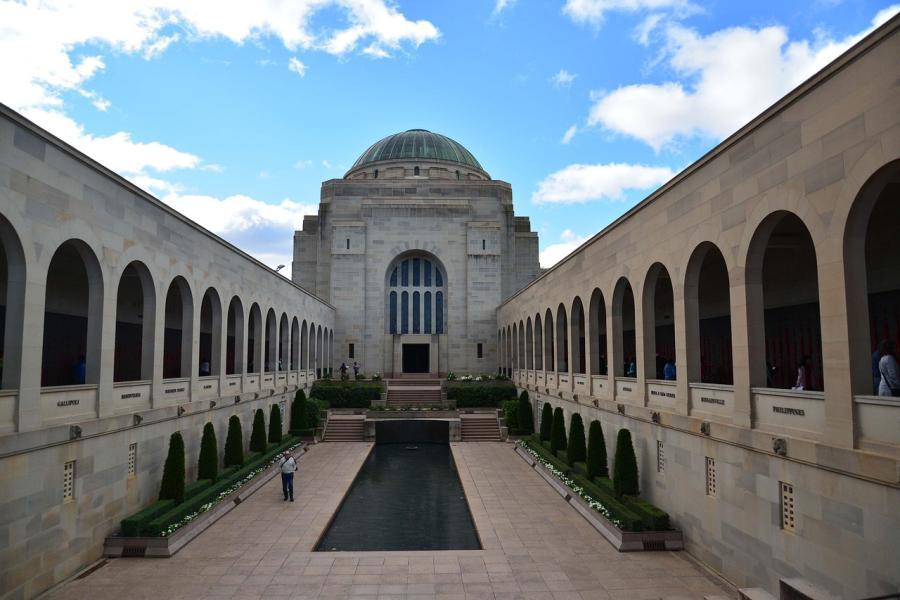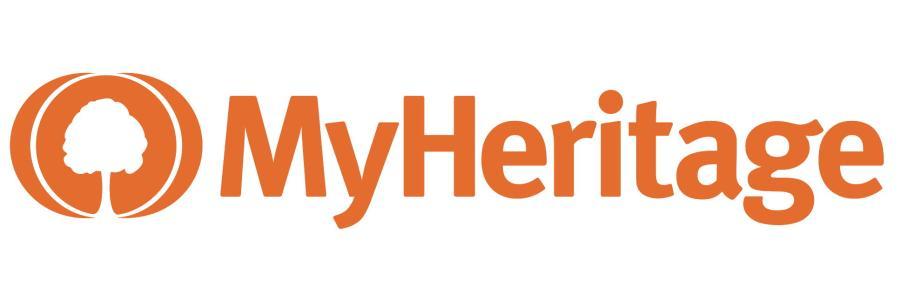Author talk: Santilla Chingaipe
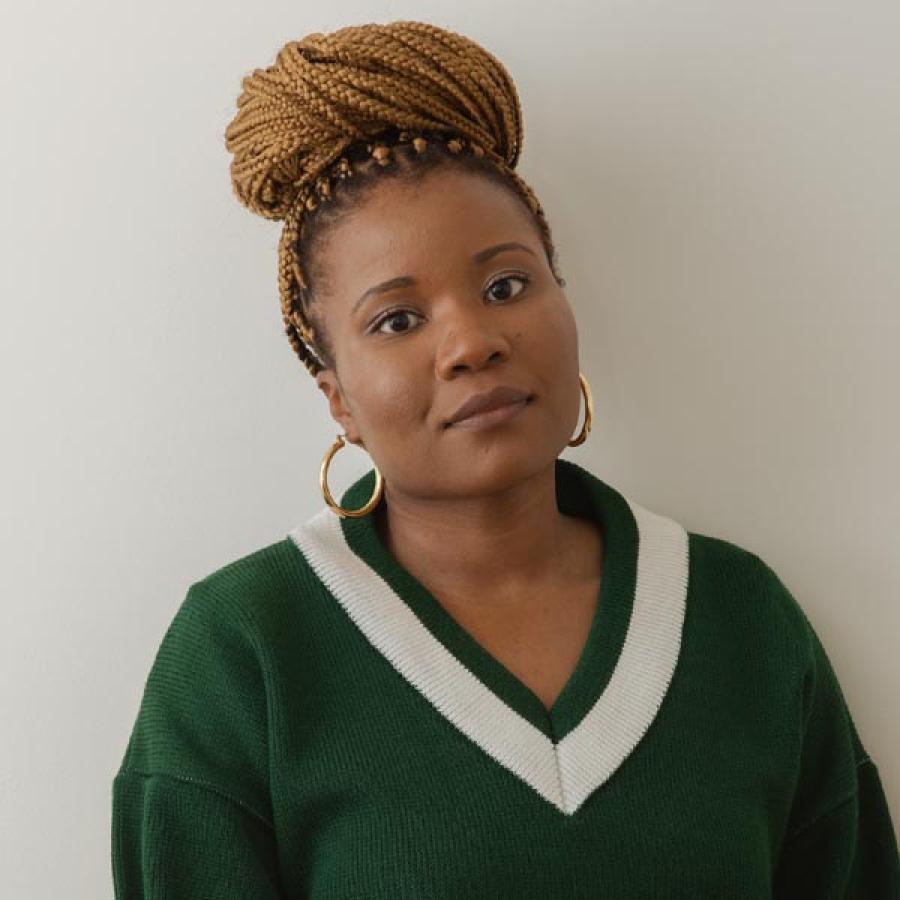
Did you know that at least 15 convicts on the first fleet were of African descent?
Did you know that by 1840, there were almost 500 black convicts?
Some of these lives were documented and their likenesses hang in places like the National Portrait Gallery, but others: even their descendants are unaware of their existence. By uncovering lives whitewashed out of our history, in stories spanning Africa, the Americas and Europe, Santilla Chingaipe's book, Black Convicts, traces Australia’s hidden links to slavery. Situating European settlement in its global context, Santilla shows that the injustice of dispossession was driven by the engine of labour exploitation. Black Convicts will change the way we think about who we are.
Want to learn more? Come along to the next Convict and Transportation Discussion Circle meeting on Thu 27 Nov at 1.30pm on Zoom to be part of a discussion with Santilla Chingaipe about her work on her book Black Convicts.
Santilla is a filmmaker, historian and writer, and would like to have people ask her questions as part of her presentation. Here is a great opportunity to ask about writing historical non-fiction, handling historical crimes and other issues sensitively, research processes and much more.
You can read more on the Convict Noticeboard section of the GSV website.
I heard Santilla talk as part of a panel talking about Writing Non-Fiction at the Sorrento Writers Festival. She shared some great insights into researching and writing history.
Please register for the Zoom link on the GSV website under the Activities tab. This event is free and for GSV members only.
Jackie van Bergen



